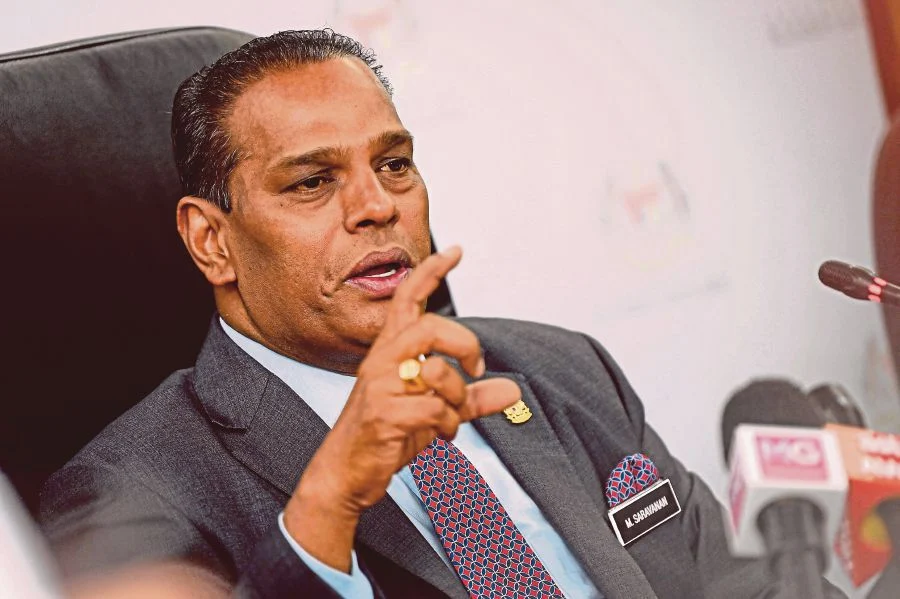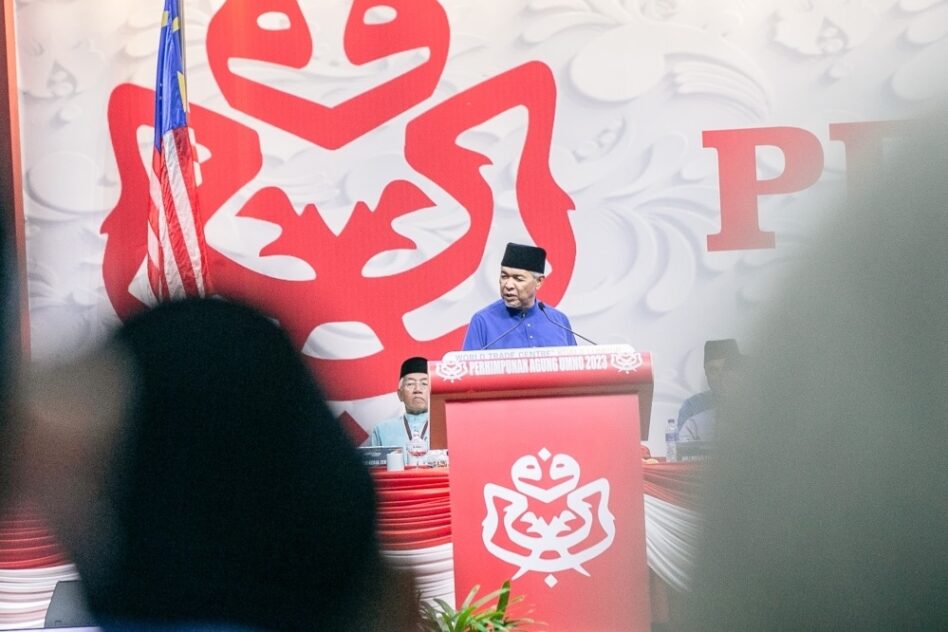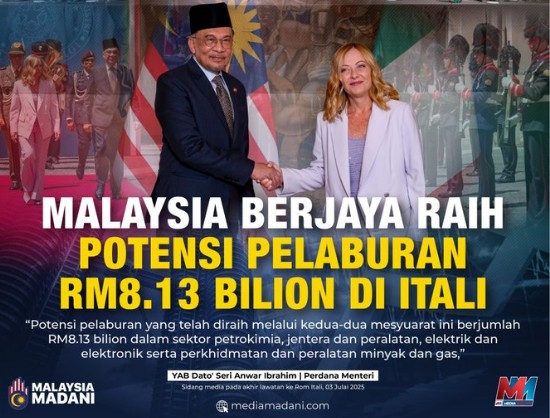
by Doreenn Leong
SENIOR Minister Datuk Seri Ismail Sabri Yaakob recently said that states cannot act on their own authority during the Movement Control Order (MCO) period. But why not?
He said under the MCO, only the National Security Council (NSC) could issue orders and directives as well as the standard operating procedure (SOP) for the country.
Does the Federal government just want to wield its power instead of working together with states? Recall that it failed to invite the five Menteris Besar and Chief Ministers of states under Pakatan Harapan control for Prime Minister Tan Sri Muhyiddin Yassin’s special meeting on the Interstate MCO.
In Ismail Sabri’s case, he was commenting on reports that Selangor had allowed auto workshops and spare part outlets to operate from 9am to 4pm during the MCO.
It is important that SOPs and directives are adhered to. But states are responsible to manage their own economies. Each can assess its own risks. So, why curtail the state authorities? Surely, there are certain matters the state can decide on during the MCO.
One doesn’t have to be a medical expert to know that matters such as allowing auto workshops and spare part outlets to operate within certain hours are surely not going to cause the further spread of the virus as long as the operators take the necessary steps prescribed for those operating essential services.
Such services are crucial as there are bound to be vehicle breakdowns or tyre punctures. Those who are working in the essential services sector may face problems getting to work if their vehicles break down.
As it is, there is already massive confusion as to which ministries can issue approvals. Just take the breweries’ case for example. Heineken Malaysia Bhd was reportedly given the green light to continue with its operations during the MCO as it had on April 5 obtained the approval from the Domestic Trade and Consumer Affairs Ministry to resume limited operations with a minimal number of essential workers.
However, after much brouhaha from certain parties, especially political parties, the International Trade and Industry Ministry had revoked the approval.
The approval was earlier given as the brewery had met the criteria of a food supplier and it was established that it could remain in operation during the MCO period.
It is really confusing here. Firstly, which ministries can give approvals to operate during the MCO? Also, if we go by the essential services list, food and beverage businesses are on it. So, since the brewery is a beverage supplier it qualifies – whether the beverage is alcoholic or not. Why the unfair treatment?
The confusion doesn’t stop at the ministry level. Local councils within a state also have different directives as to whether who can or cannot operate.
During the second phase of the MCO, hardware stores as well as shops that sell fertiliser and pesticide, pet food and medication, and auto spare parts will be allowed to open two times a week. This directive was mentioned in the official FAQ by the NSC.
Several councils have made their respective announcements on the new ruling. Kuala Langat, Selayang and Shah Alam councils have announced on Facebook that the four businesses are allowed to open on Mondays and Thursdays, between 8am to 4pm.
The Perak government has made a similar announcement whereby these shops can also operate from 8am to 4pm on Monday and Thursday.
However, in Seberang Perai, the operating hours are shorter, from 8am to 2pm, on the two days.
So far, there isn’t such an announcement from Kuala Lumpur City Hall and Petaling Jaya City Council on the permitted operating hours of the shops concerned.
Although it can be argued that if states were given authority pertaining to some matters during the MCO, this might lead to abuses and even more confusion to the public. But as long as the states adhere to the guidelines given by NSC, they should have some leeway when deciding on some things because they know the states better.
While central authority is necessary to maintain the MCO, devolving some power to the states makes it easier to administer the rulings and reduce the burden on the federal authorities. It also makes for better coordination between state and federal authorities which can only be good. – April 8, 2020









